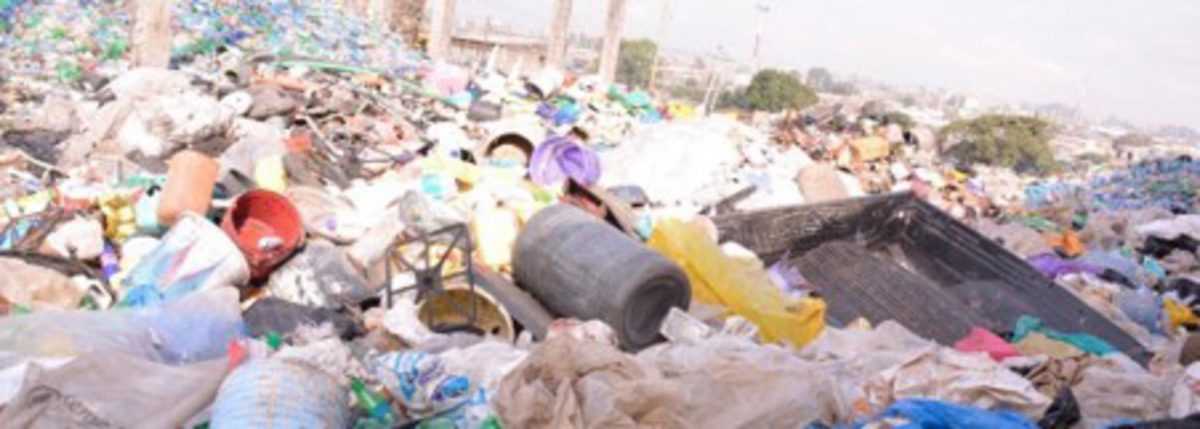Closing the loop between production and consumption, the case of plastic waste management
This project carried by Africa Livelihood Innovations for Sustainable Environment aims to analyse the innovative activities on plastic waste management and further understand the circumstances of the actors operations with a view to developing a policy direction for management of plastic waste in African cities.


Overview of the project
The problems with plastic waste in African cities are increasing to alarming levels. Especially disposable packaging made of very light plastic materials continues to burden the environment as well as compromise management capacities for waste management by city authorities. In light of this, major cities and especially those in Kenya have in the last two decades registered participation of formal and informal private actors whose strategies curtail the flow of plastic waste to the environment. It is our argument that such strategies which we refer to as ‘environmental innovations’ have the potential to transform the plastic waste scenario in Kenya and any other African cities where they occur. The ability of such initiatives to foster an integrative regime between solid waste management and plastic production systems for plastic waste management will therefore be the breakthrough in ensuring sustainability in this case. Strategic niche management and Multi-level perspective on socio-technical transitions that bases the success of an innovation on its actor networks, convergence of expectations and learning processes will be useful in the analysis of performance of activities of the non-state actors. In-depth case studies of the non-state actors activities in plastic waste management and plastic waste recycling will illustrate how and to what extent such initiatives referred to here as innovations are able to transform the stultifying environmental condition and further become the foundation for developing an integrated regime for plastic waste management.
The purpose of this project is to analyse the innovative activities on plastic waste management and further understand the circumstances of the actors operations with a view to developing a policy direction for management of plastic waste in African cities.
Ongoing research
1/1/2019 - 12/12/2019
That actors handle different amounts of plastic waste at any given time
The handling capacity is both dependent on the working environment as well as the relationships that actors within the solid waste management system can create with those at the plastic production system. That trust also plays a role in the continuity of waste supply from the solid waste management system to the plastic production system.
The project was financed through the Ford Foundation Scholarship Program
organisation
The organization is modeled to assist development players conform to the ideals of sustainable livelihoods. More specifically, it is geared towards identifying sustainable ideas within the service sector, building capacity of actors within the service sector, promoting development of environmental friendly niches for infrastructure and services and sharing such experiences of innovations for sustainable environment with livelihoods dimension. The organization is grouping together a multidisciplinary professional team bringing in vast experiences from diverse backgrounds including the academia and operations backgrounds.
in collaboration


